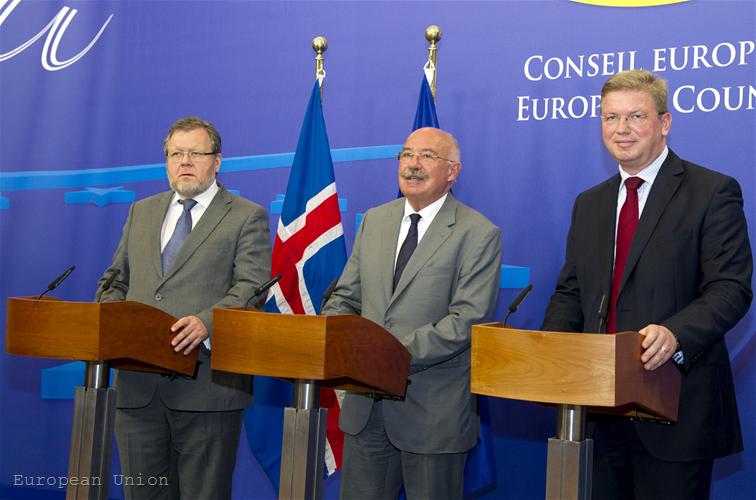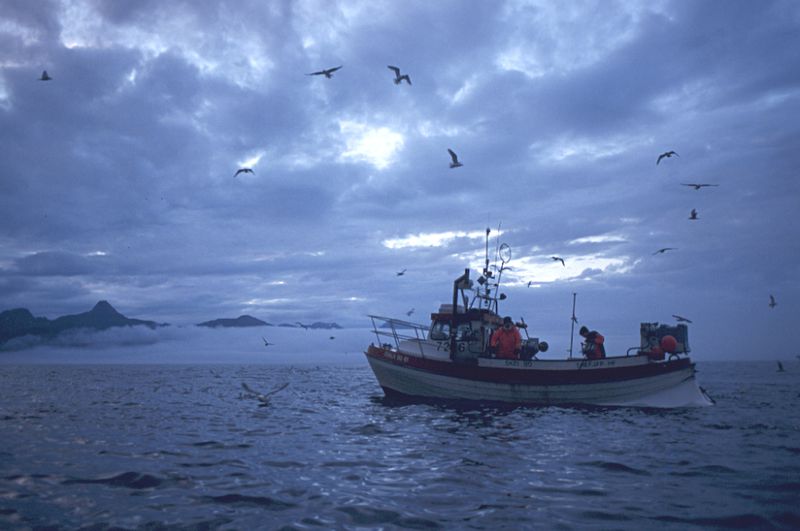The European Council is expected to be short but decisive
Ralitsa Kovacheva, June 17, 2010
 There are two theses on the issue why this European Council is different - just one day, in spite of the heavy agenda. One thesis is that a compromise had been agreed already on key issues and it will be just announced officially. The other is that the difficult decisions will be postponed. The answer, probably, is somewhere in the middle. What is certain however is that important decisions will be taken because some of the issues just cannot wait any longer.
There are two theses on the issue why this European Council is different - just one day, in spite of the heavy agenda. One thesis is that a compromise had been agreed already on key issues and it will be just announced officially. The other is that the difficult decisions will be postponed. The answer, probably, is somewhere in the middle. What is certain however is that important decisions will be taken because some of the issues just cannot wait any longer.
EU leaders are scheduled to approve the new 10-year strategy of the Union Europe 2020 and to finalize the parameters of its 5 main targets - the targets related to employment, climate change, education and investments in science, and poverty. The latter two have caused controversial reactions and discontent among some Member States - either because of the dimension of the targets or because of planned interference in national fields of competence.
A big issue in the short summit will be overcoming the consequences of the crisis - measures to boost growth, financial regulation and fiscal consolidation. Europe is now facing the challenge how to combine boosting growth with draconian austerity measures, which are being imposed because of the big fiscal deficits. The US and other EU partners within the G20 have already criticised the Union for not paying attention to growth but instead had focused on fiscal consolidation.
Therefore it is expected EU leaders to agree on imposing new sanctions on those countries who violate budgetary discipline and for the conduction of an early partnership review of national budgets. The 27 have already reached consensus on these issues within the framework of the working group, chaired by European Council president Herman van Rompuy. He will provide EU leaders with the first report of the special group, which has the task to work out the principles of a future economic governance. With regard to competitiveness, the leaders are expected to approve the creation of common indicators for assessment and of a monitoring network, especially for the euro area countries. The final report of the group and the other changes, regarding economic governance, will be approved by the Council in October.
A difficult conversation is expected, however, on the issue of financial regulation and financial markets supervision. The leaders will discuss the proposal of the Commission for the creation of a network of national bank funds. The idea is funds to be collected to help or finance bankruptcy of financial institutions to avoid heavier burden on taxpayers through state aid. Many Member States, however, are against the imposure of banking fees. Recently the G20 agreed on a position in principle such decisions to be taken on a national level instead of a global banking fee being discussed. On this issue the EU should have a common position for the upcoming G20 summit in Toronto in the end of June. According to a draft, published by EurActiv, EU leaders will support the introduction of a common stabilisation bank fee.
The other issues in the Council's agenda are the Millennium Goals, climate change, Iceland's request for EU accession and the upcoming accession of Estonia to the euro area. The Council meeting started a little after 10 o'clock this morning and the first news are expected later in the afternoon. euinside's team will provide you with all the interesting things that happened at the summit.
 | © European Union
| © European Union | © Larus Karl Ingason
| © Larus Karl Ingason | © euinside
| © euinside